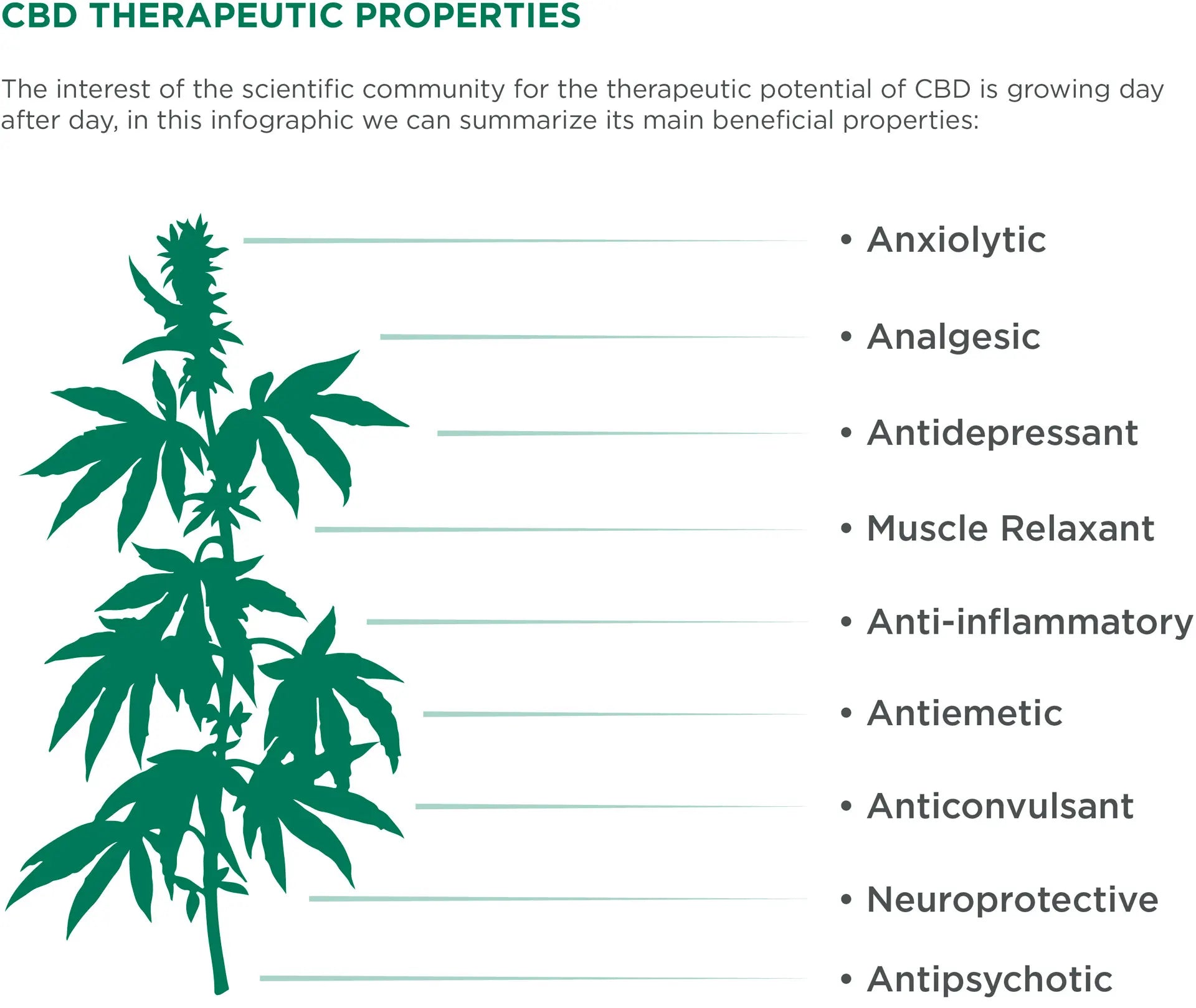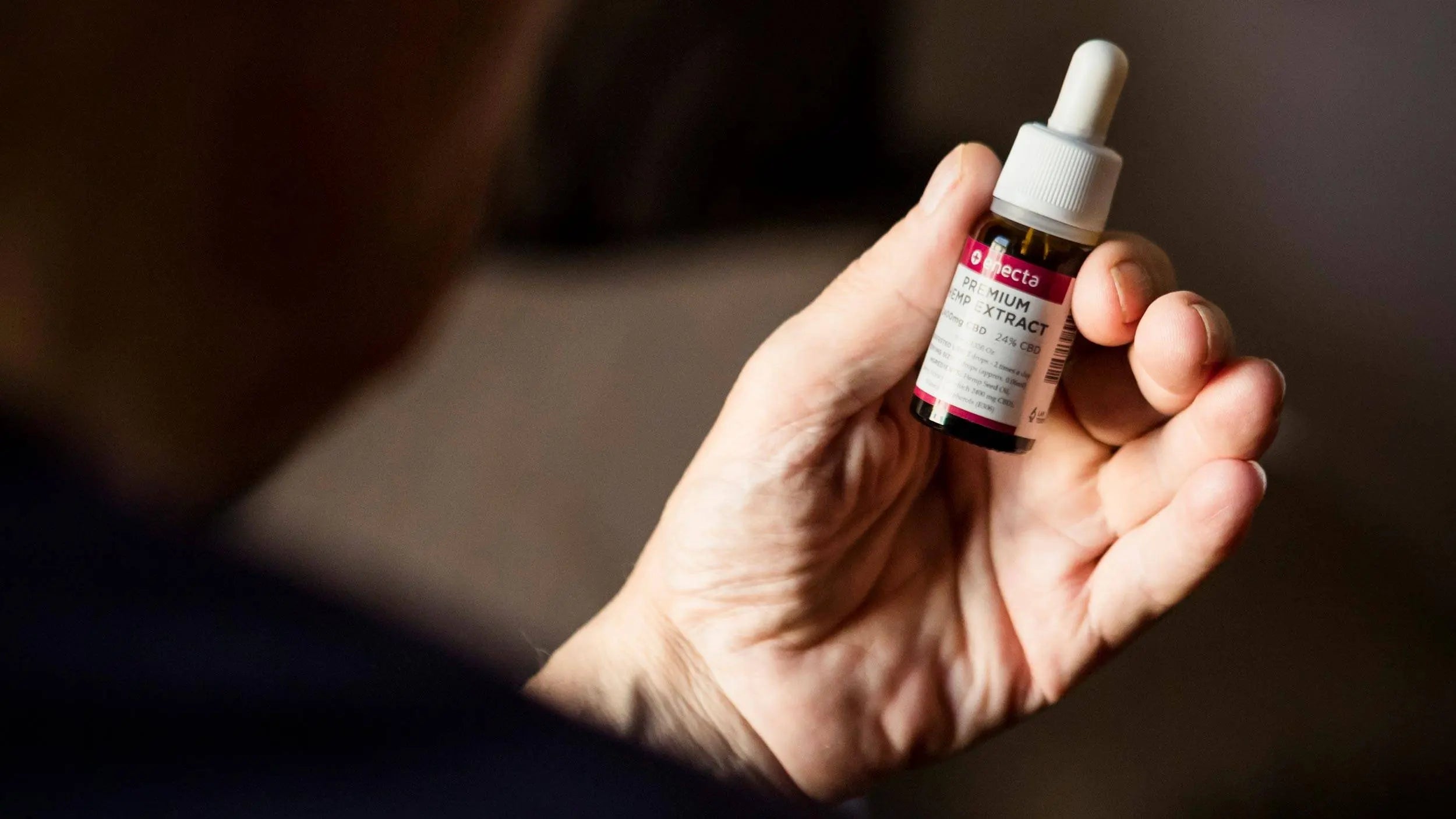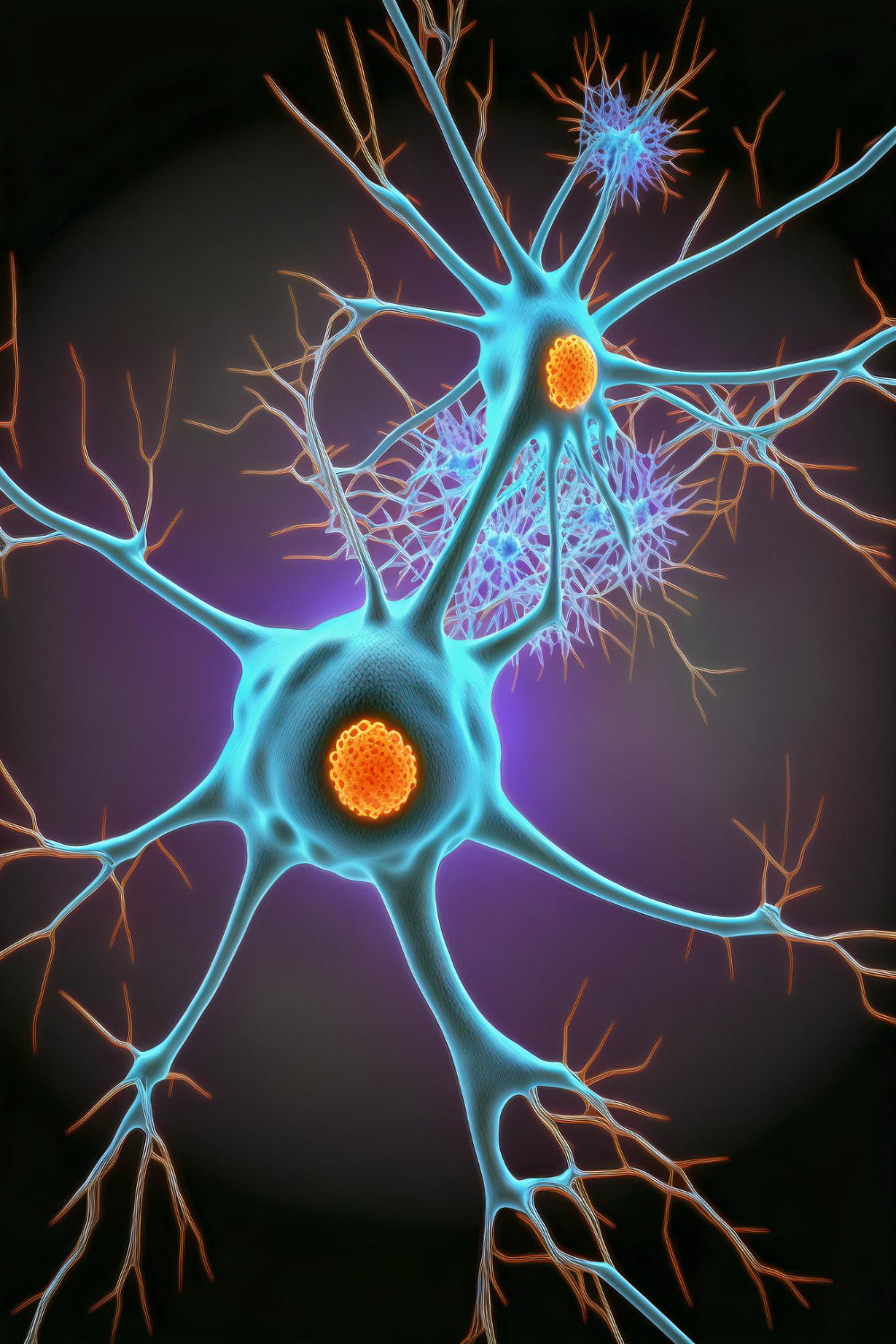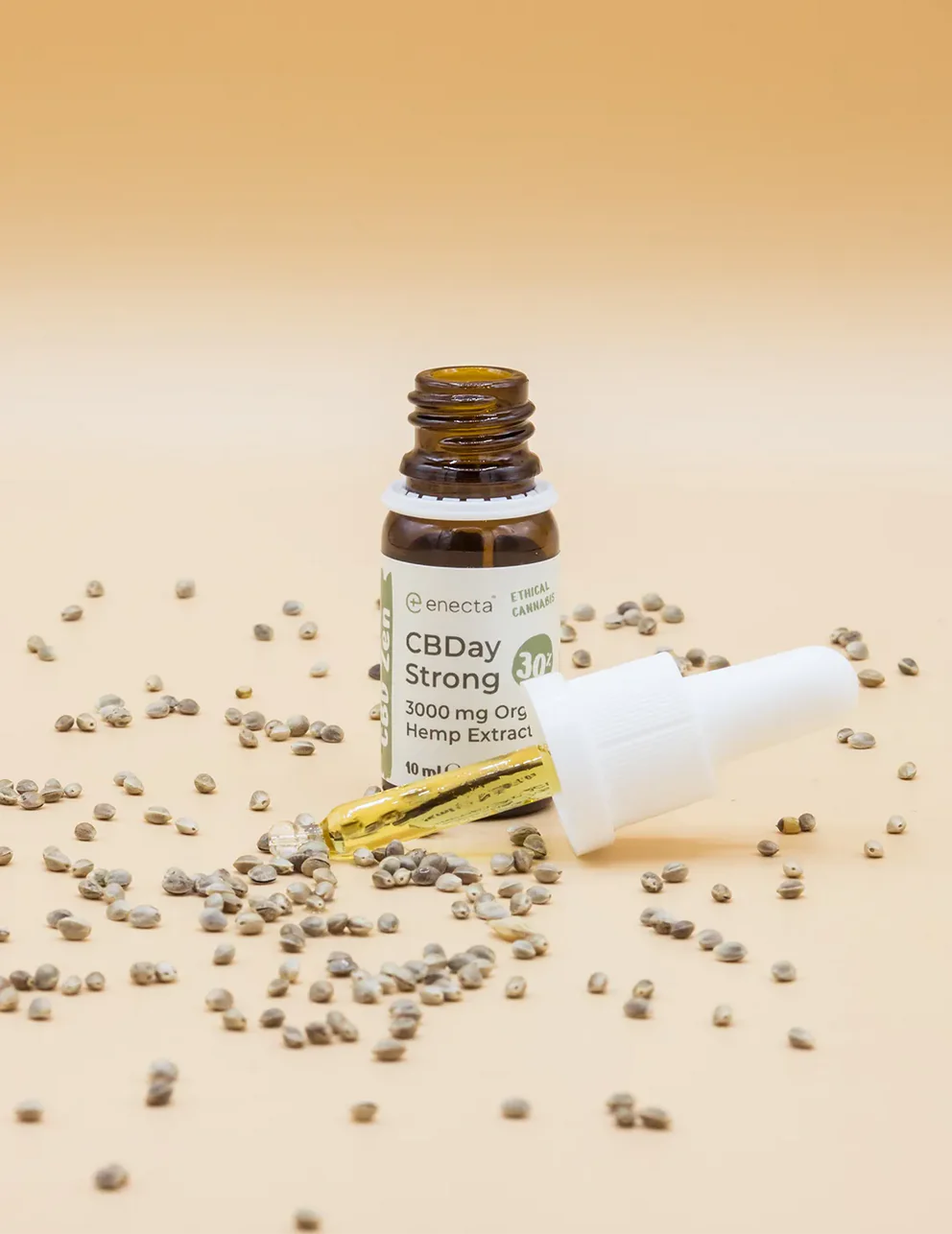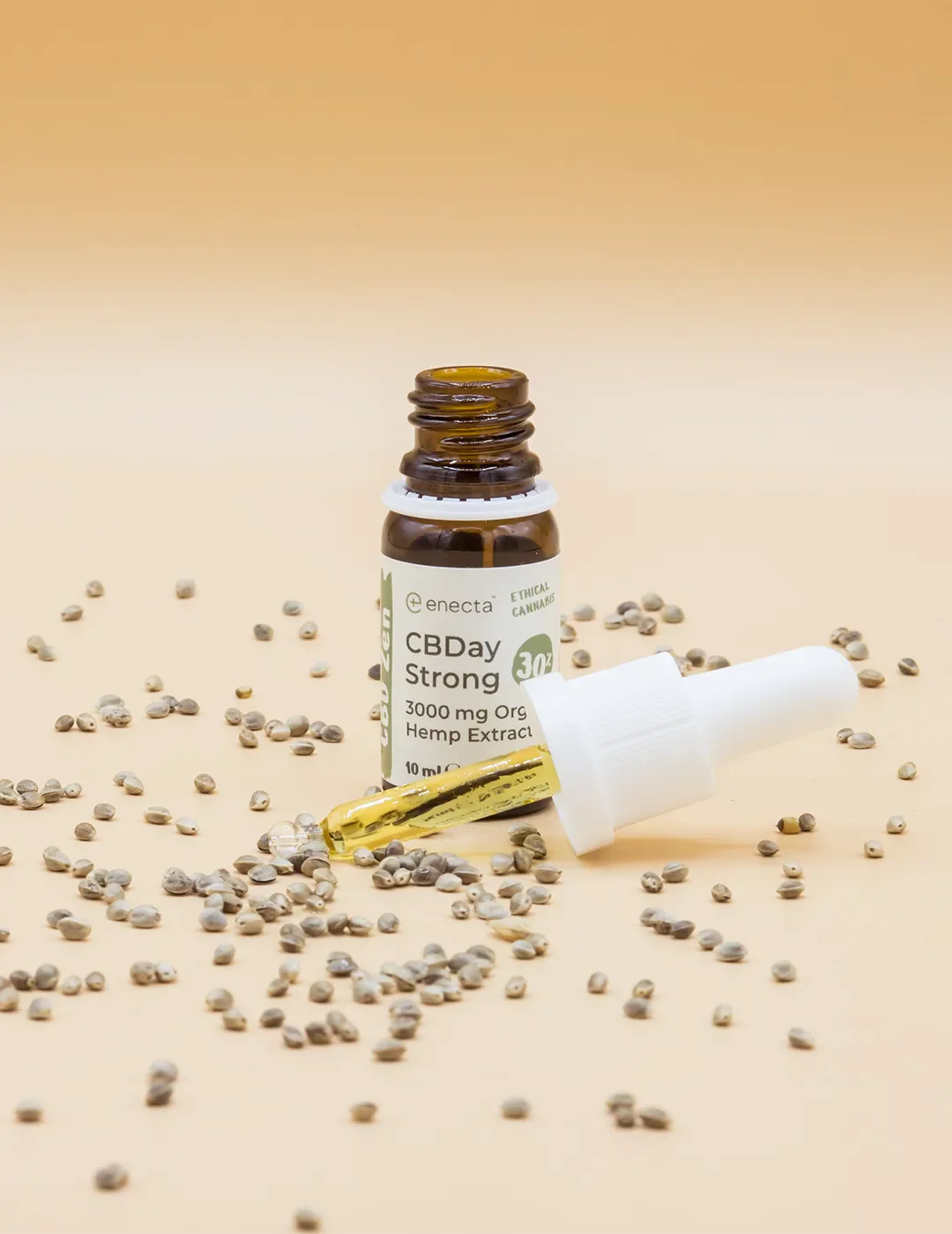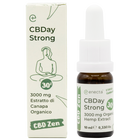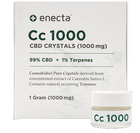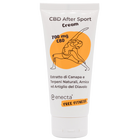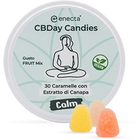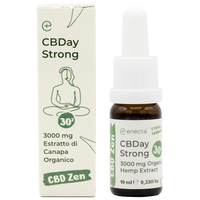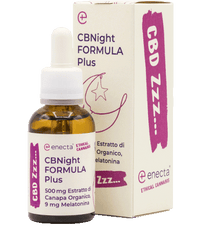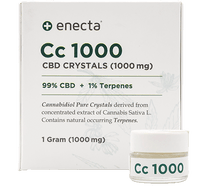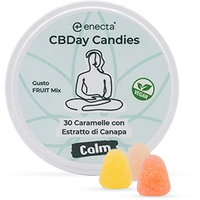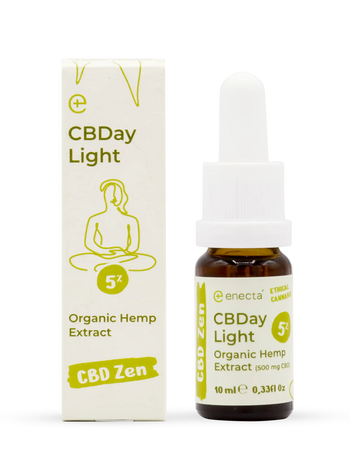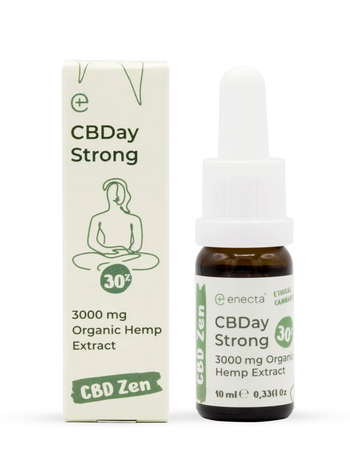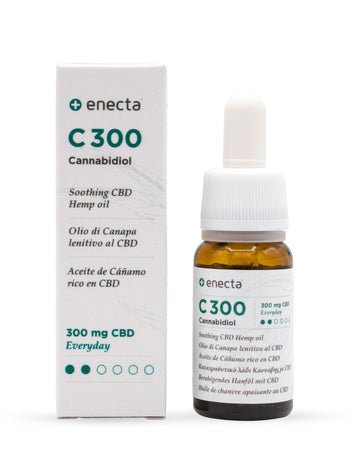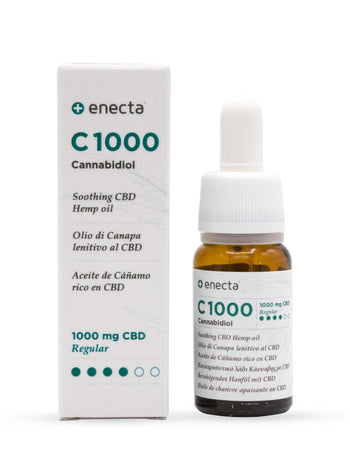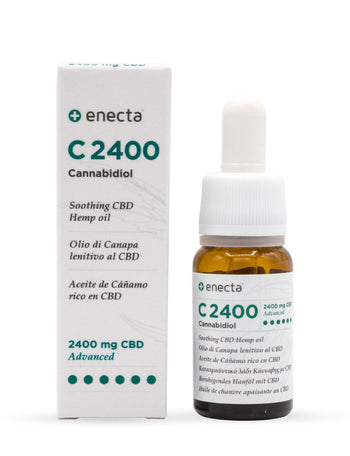CBD improves symptoms of Schizophrenia
Scientific research has indicated that CBD has antipsychotic effects and may have a similar profile of action as other antipsychotic drugs. However, the mechanism by which CBD exerts this effect is not fully researched yet.
CBD protects against neurodegenerative diseases
Various studies have demonstrated that CBD can inhibit the formation of the classic 'plaques' typical for Alzheimer's disease and decrease the death of brain cells.
CBD alleviates nausea
Cannabis has been used for centuries as an anti-nausea and anti-emetic agent. A rat study from 2012, published in the British Journal of Pharmacology, found that among CBD's benefits are anti-nausea and antiemetic effects.
CBD reduces the incidence of diabetes
Research in 2006 demonstrated that CBD treatment significantly reduced the incidence of diabetes in non-obese diabetic mice from an incidence of 86% in non-treated mice to an incidence of 30% in CBD-treated mice. Further confirmation is still being sought on this.
CBD promotes cardiovascular health
A study from 2013, published in the British Journal of Clinical Pharmacology, reported that CBD protects against vascular damage caused by high glucose levels, inflammation, or type 2 diabetes.
CBD in the treatment of Multiple Sclerosis
Several studies indicate that the CBD - THC combination is effective and well-tolerated in treating muscle contractions, pain, sleep disorders, and urinary incontinence in people with Multiple Sclerosis.
CBD for rheumatoid arthritis
Due to their anti-inflammatory properties, cannabinoids can alleviate joint pain and swelling, and diminish joint destruction and disease progression. It has been shown that taking CBD in just 5 weeks protects the joints from severe damage, reduces disease progression, improves mobility and sleep quality, as well as reducing inflammation.
